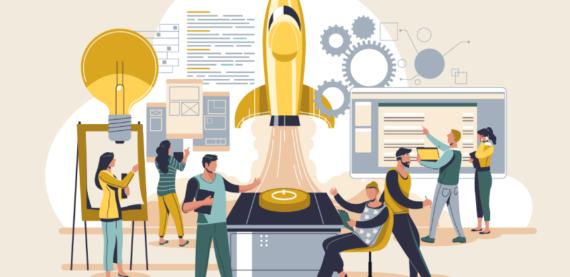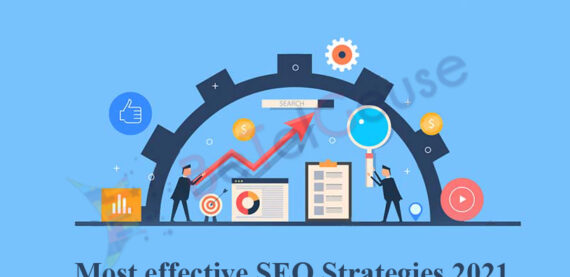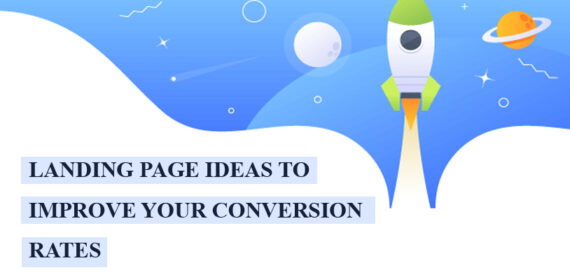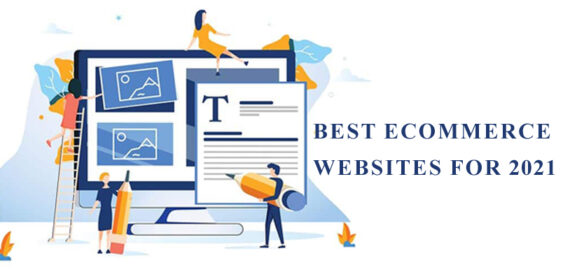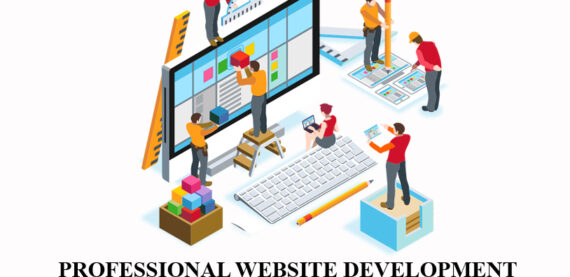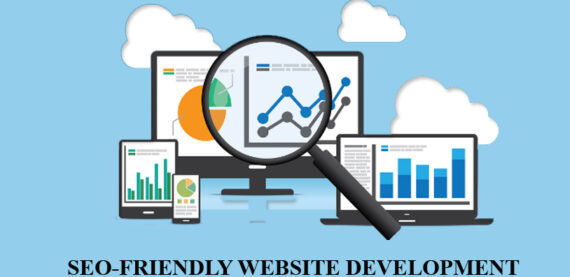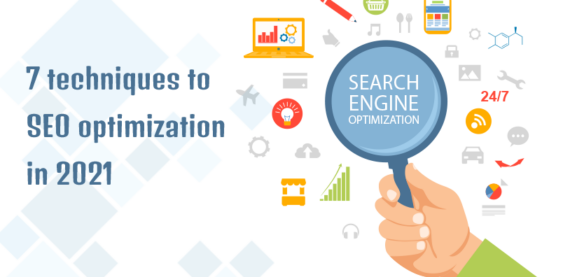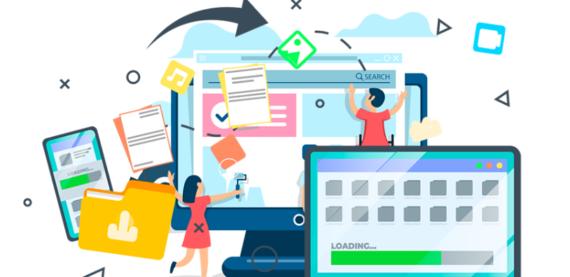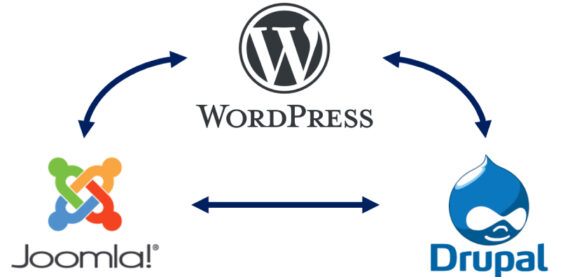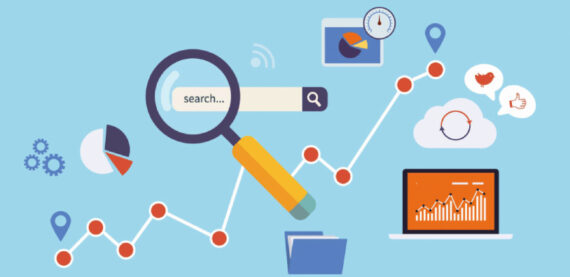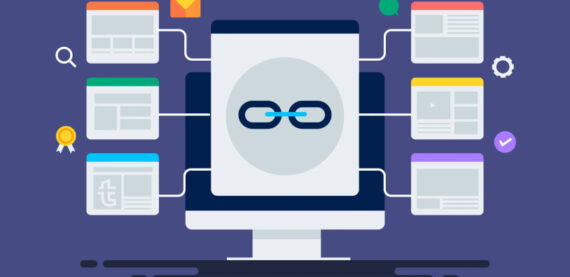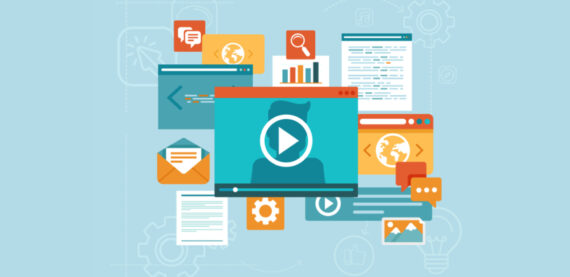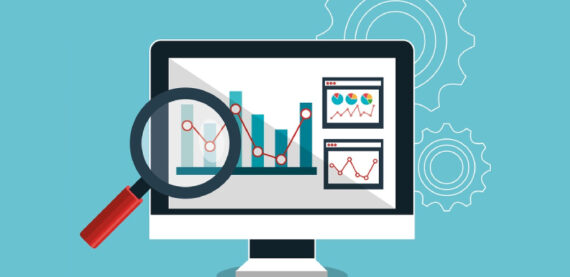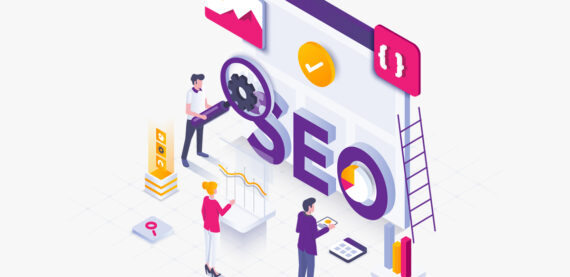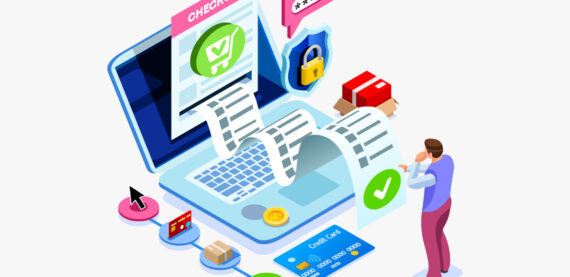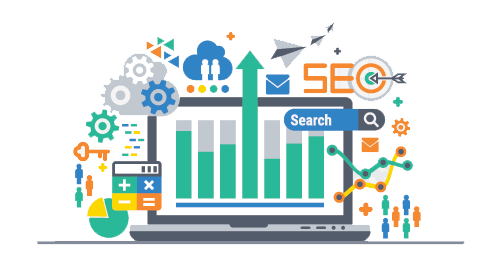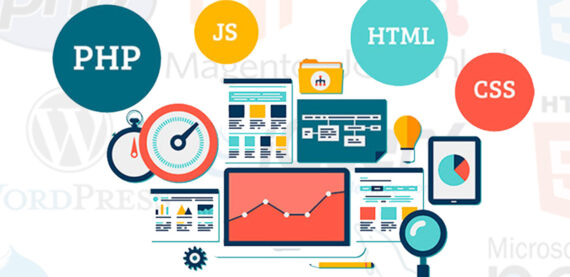Software development is quite a dynamic and ever-changing field that consistently adapts to technological advancements and evolving expectations of users. Looking ahead, it becomes paramount to proactively identify emerging trends and make well-informed predictions about the future trajectory of software development. Let us understand and delve into several key trends that are currently shaping the landscape of software development and offer insightful forecasts regarding their potential impact on the industry.
Artificial Intelligence & Machine Learning:
Artificial Intelligence (AI) and Machine Learning (ML) have ushered in a transformative era not only in the realm of software development but across all dimensions. The influence gets evident as AI-driven applications gain prominence across various domains, encompassing chatbots, virtual assistants, and sophisticated data analytics tools. In fact, the potential for AI and ML to revolutionize software development appears boundless, with anticipated advancements poised to automate tasks, augment decision-making processes, and elevate the overall user experience.
While AI and ML hold significant potential in bolstering decision-making processes within software development, they also derive valuable insights and facilitate informed decision-making. From identifying optimal development approaches to recommending feature enhancements, AI and ML can assist developers in making data-driven choices, ultimately leading to higher-quality software solutions. This advanced level of sophistication can enhance user engagement, satisfaction, and overall product adoption.
Therefore, with the evolution of AI and ML, the impact on software development will undoubtedly be profound. Embracing these technologies can unlock new frontiers of efficiency, innovation, and user-centricity, propelling the software development landscape towards unprecedented possibilities.
Low Code and No Code Development:
The emergence of low-code and no-code development platforms has initiated a significant shift in the software development landscape, granting individuals with quite minimal or no coding experience the ability to create software applications. These platforms provide intuitive visual interfaces and pre-designed components and minimize the reliance on traditional coding skills. Looking ahead, the evolution of these platforms holds great promise, as they are poised to become even more advanced, facilitating swifter and more inclusive software development processes.
Low-code and no-code platforms have democratised software development by lowering the barriers to entry. They enable business users, designers, and domain experts to actively participate in the creation of software solutions, eliminating the exclusive reliance on professional developers. By leveraging visual interfaces, users can intuitively design workflows, build user interfaces, and incorporate desired functionalities using a drag-and-drop approach. This streamlined approach fosters collaboration, accelerates development timelines, and reduces the dependence on coding expertise.
With advancing times, these platforms are expected to undergo further refinement and enhancement, enabling even faster and more accessible software development. This includes the integration of advanced features, such as AI-driven automation, pre-built machine learning models, and intelligent code generation. By leveraging these sophisticated capabilities, low-code and no-code platforms will enable individuals to develop complex and feature-rich applications without extensive coding knowledge.
Moreover, the continuous expansion of the ecosystem surrounding low-code and no-code platforms will result in a broader range of available components, templates, and integrations. This will facilitate the rapid assembly of applications by leveraging pre-built modules, thereby expediting development cycles and empowering users to create customized software solutions tailored to their specific needs.
Internet of Things (IoT):
The Internet of Things (IoT) is undergoing propulsive expansion, facilitating the connection and data exchange among numerous devices on an unprecedented scale. With the commencement of this, software development assumes a pivotal role in creating applications that effectively leverage the potential of IoT. As we look ahead, there will be a significant surge in software development driven by IoT, with particular emphasis on key aspects such as interoperability, security, and real-time analytics.
IoT entails the integration of diverse devices, ranging from sensors and wearables to appliances and infrastructure, all interconnected via the Internet. Software developers will be at the forefront of designing applications that seamlessly communicate with these interconnected devices, ensuring interoperability and enabling efficient data exchange. This includes developing protocols, APIs, and frameworks that facilitate seamless integration and communication across the IoT ecosystem.
Security will be a paramount concern in IoT-driven software development. With a vast number of connected devices transmitting and receiving sensitive data, robust security measures are imperative to safeguard against potential cyber threats and breaches. Software developers will need to implement robust encryption, authentication, and access control mechanisms to ensure data privacy and integrity.
Real-time analytics will also be a significant focus in IoT software development. The ability to extract meaningful insights from the massive influx of data generated by interconnected devices will drive the development of advanced analytics applications. Software developers will need to design efficient data processing and analysis algorithms, leveraging techniques such as machine learning and artificial intelligence, to derive actionable insights and enable timely decision-making.
DevOps & Continuous Delivery
In recent years, DevOps practices have gained considerable momentum as organizations recognize the advantages of collaborative and automated software development processes. DevOps emphasizes the integration of development, operations, and quality assurance, enabling teams to work together seamlessly and deliver software at a faster pace. This trend is expected to continue and evolve in the future, with a heightened focus on continuous delivery and improved software quality.
DevOps promotes a culture of collaboration and communication, breaking down silos between development and operations teams. By fostering close collaboration, organizations can streamline processes, reduce inefficiencies, and enhance overall productivity.
Looking ahead, the integration of development, operations, and quality assurance will become even more cohesive, leading to tighter collaboration and shared responsibilities among teams. This integration will further drive the adoption of practices such as continuous integration and continuous delivery (CI/CD), enabling teams to release software updates more frequently, reliably, and with higher quality.
Continuous delivery involves automating the software release process to ensure that changes can be deployed to production rapidly and frequently. This approach allows organizations to deliver new features, bug fixes, and improvements to end users in a more agile and iterative manner.
Blockchain Technology
Blockchain technology, renowned for its inherent security and transparency, has emerged as a transformative force across industries, particularly in finance and supply chain management. In the realm of software development, blockchain presents a promising avenue for revolutionizing multiple areas, including data security, digital identity verification, and the development of decentralized applications. As we look ahead, the future holds significant potential for increased adoption of blockchain technology in various software development domains.
One key aspect where blockchain can revolutionize software development is data security. The decentralized and immutable nature of blockchain provides a robust framework for securely storing and managing sensitive data. By leveraging blockchain, developers can enhance data integrity, prevent tampering or unauthorized access, and establish a verifiable audit trail. This has significant implications in domains such as healthcare, finance, and supply chain, where data security and trust are paramount.
Digital identity verification is another area where blockchain technology can bring about significant advancements. Blockchain enables the creation of self-sovereign identities, where individuals have control over their personal information and can securely prove their identity without relying on centralized authorities. This has the potential to simplify and secure identity management processes, prevent identity theft, and enhance user privacy.
Additionally, blockchain technology opens up possibilities for the development of decentralized applications (DApps). These applications operate on a peer-to-peer network, leveraging smart contracts and blockchain’s consensus mechanisms for trust and execution. DApps can eliminate the need for intermediaries, provide transparent and auditable processes, and enable new business models, particularly in areas like decentralized finance (DeFi) and decentralized marketplaces.
Quantum Computing:
Quantum computing is an emerging field that holds significant potential for tackling complex problems that are found challenging by many conventional computers. Although still in its early stages of development, the future of quantum computing is promising. As quantum computing matures, software developers will play a crucial role in exploring novel algorithms and methodologies to harness the immense computational power of quantum systems.
One area where quantum computing is expected to make a substantial impact is cryptography. Quantum computers have the potential to break currently secure encryption methods, thus necessitating the development of quantum-resistant cryptographic algorithms. Software developers will need to adapt and design cryptographic protocols that can withstand attacks from quantum computers.
Moreover, optimization problems, such as route planning and resource allocation, can greatly benefit from the computational capabilities of quantum systems. Quantum algorithms and software tools will need to be developed to solve these optimization challenges efficiently. Simulation is another domain that stands to benefit from quantum computing. Quantum simulators can model quantum systems and provide insights into quantum phenomena, which can be applied in various scientific and engineering fields.
Final Thoughts:
The future of software development is equipped with promising prospects and demands for adaptability. The advancements in AI, low-code development, IoT, DevOps, blockchain, and quantum computing present both opportunities and challenges for software developers. Staying updated with these trends and technologies will be crucial to maintain competitiveness in the industry. Embracing continuous learning, exploring new approaches, and prioritizing the delivery of value to end-users will be essential. By leveraging emerging technologies and fostering innovation, software developers can actively shape the future, creating transformative solutions that cater to the evolving needs of businesses and individuals. The path ahead requires agility, creativity, and a forward-thinking mindset to unlock the full potential of software development in an ever-changing technological landscape.







